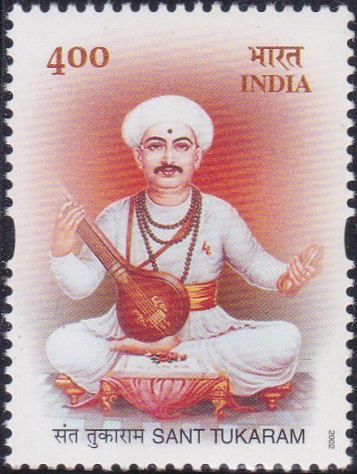
Sant Tukaram
A commemorative postage stamp on Bhakta Tukobaraya, a 17th century Hindu saint-poet of Bhakti movement in Maharashtra, devotee of Vithoba, an avatar of Vishnu :

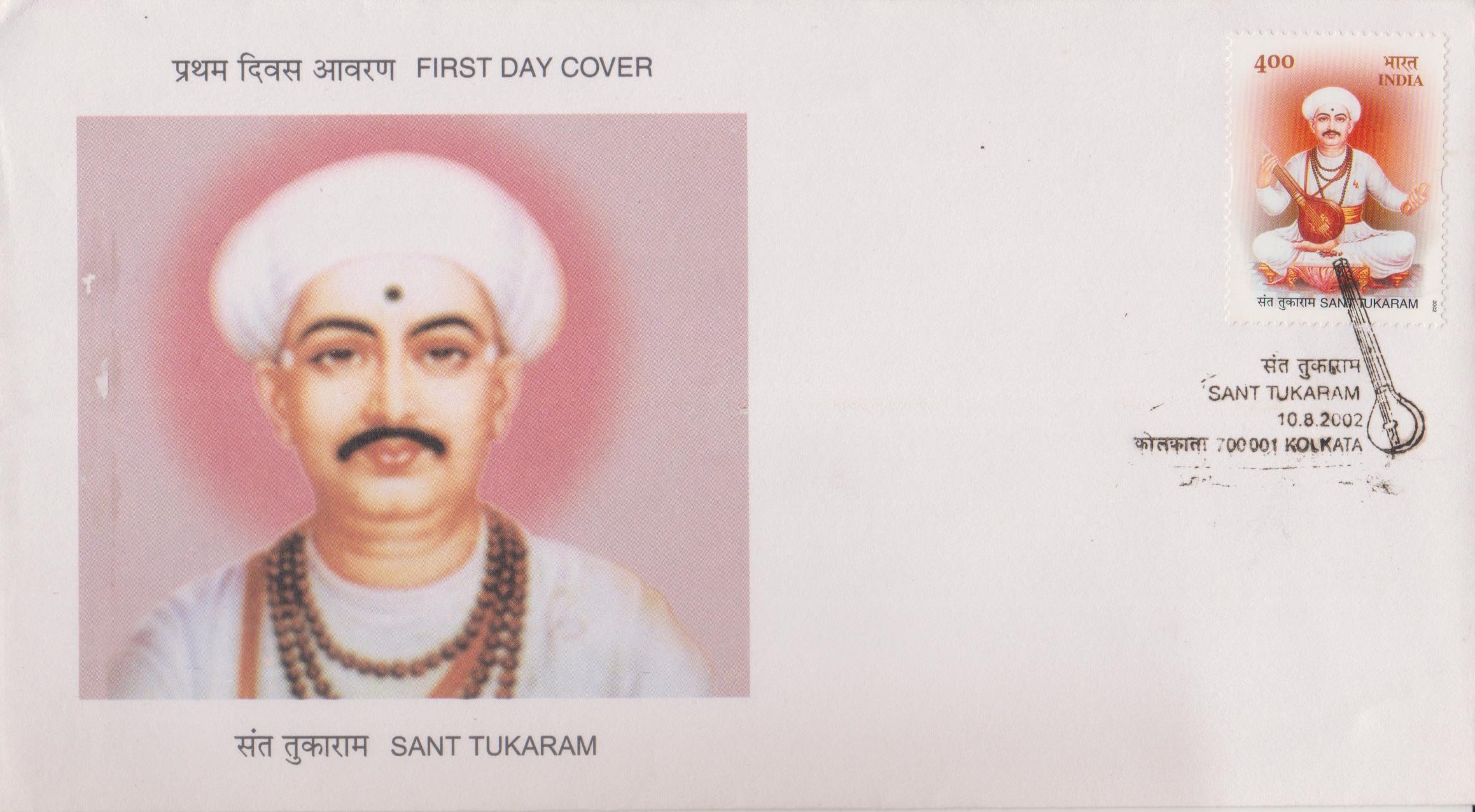 Issued by India
Issued by India
Issued on Aug 10, 2002
Issued for : The Department of Posts is happy to issue a commemorative postage stamp on Sant Tukaram.
Credits :
Stamp : Based on material furnished by the sponsors.
FDC : Layout by Alka Sharma based on material furnished by the sponsors.
Cancellation : Alka Sharma
Type : Stamp, Mint Condition
Colour : Four Colour
Denomination : 400 Paise
Overall size : 2.90 x 3.91 Cms.
Printing Size : 2.65 x 3.55 Cms.
Perforation : 13.5 x 13.5 mm with elliptical hole on each 3.91 cm sides
Paper : Matt Chromo
Stamps Printed : 0.4 million
Number per issue sheet : 40
Printing Process : Photo Offset
Printer : Calcutta Security Printers Ltd.
Name : Tukaram Maharaj (Tukoba)
Born on 1608 at Dehu, near Pune, Maharashtra, India
Died on 1650 at Dehu, near Pune, Maharashtra, India
About :
- Tukaram (1608-1650) was one among the great mystic poets of Maharashtra who were instrumental in taking religion and poetry to the masses and thereby generating a renaissance of sorts and reinforcing the Maratha identity. A contemporary of Shivaji, he propagated compassion, forgiveness, peace and equality.
- Tukaram was born in the village of Dehu, on the banks of river Indrayani, in a family of traders. Before he was 21 he had to go through a series of traumatic events in his life, including the deaths of his mother, father, first wife and children. The famine of 1629 left a trail of starvation deaths in Maharashtra and Tukaram watched in horror as it consumed his wife. A devastated man, he lost all urge to lead a householder’s life thereafter. Though he was married a second time, he was unable to maintain his second wife or children, and was untimely reduced to penury and bankruptcy. He became a recluse and starting going off into the wilderness for long spells. He also turned his attention increasingly to the worship of the family deity, Lord Vithoba (Vitthal).
- It was at this juncture that Tukaram inspired by a vision of Namdeo, a great poet-saint of the thirteenth century, and Lord Vitthal began to compose abhangs (metrical poems). Accordingly, Tukaram embarked upon his new career of composing poetry, but in doing so he incurred the wrath of the priests. They could not tolerate his impinging upon their prerogative as the only interpreters of religion. Further, he compounded the offense by writing in Marathi rather than Sanskrit. According to a legend, the local priests forced Tukaram to throw the manuscripts of his poems into the river Indrayani, but they reappeared undamaged after thirteen days. Tukaram vanished without a trace in 1650, leaving his devout followers to believe that Lord Vitthal himself carried him away.
- Though there is no single manuscript available today in Tukaram‘s own handwriting containing all the poems that are attributed to him, scholars have estimated that he has written nearly five thousand poems. Tukaram‘s poetry is easy to understand and simple in its structure. However, its philosophical undertones and deeper meanings also come out strongly to the reader. In many ways Tukaram is the first truly modern poet in Marathi language in terms of thematic choice and poetic technique. Through his poetry, Tukaram has shaped the subsequent development of Marathi language to an extent no other writer has done. His work has been translated into English, French and German.
- Text : Based on material furnished by the sponsors.



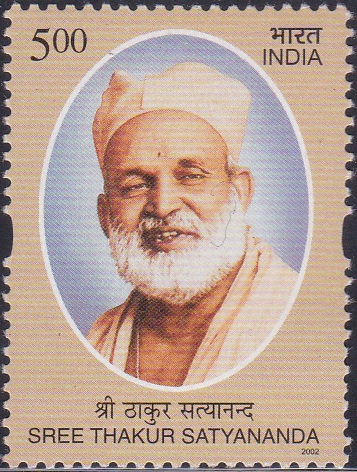
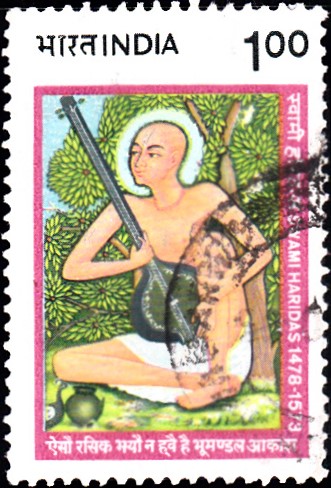
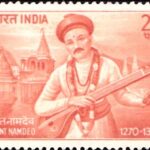
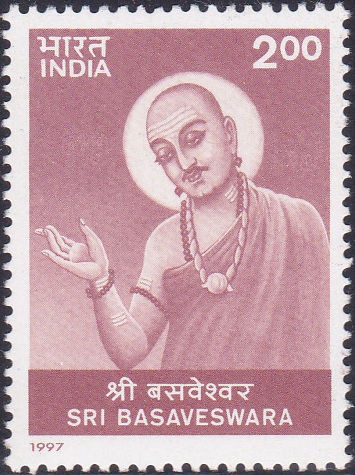
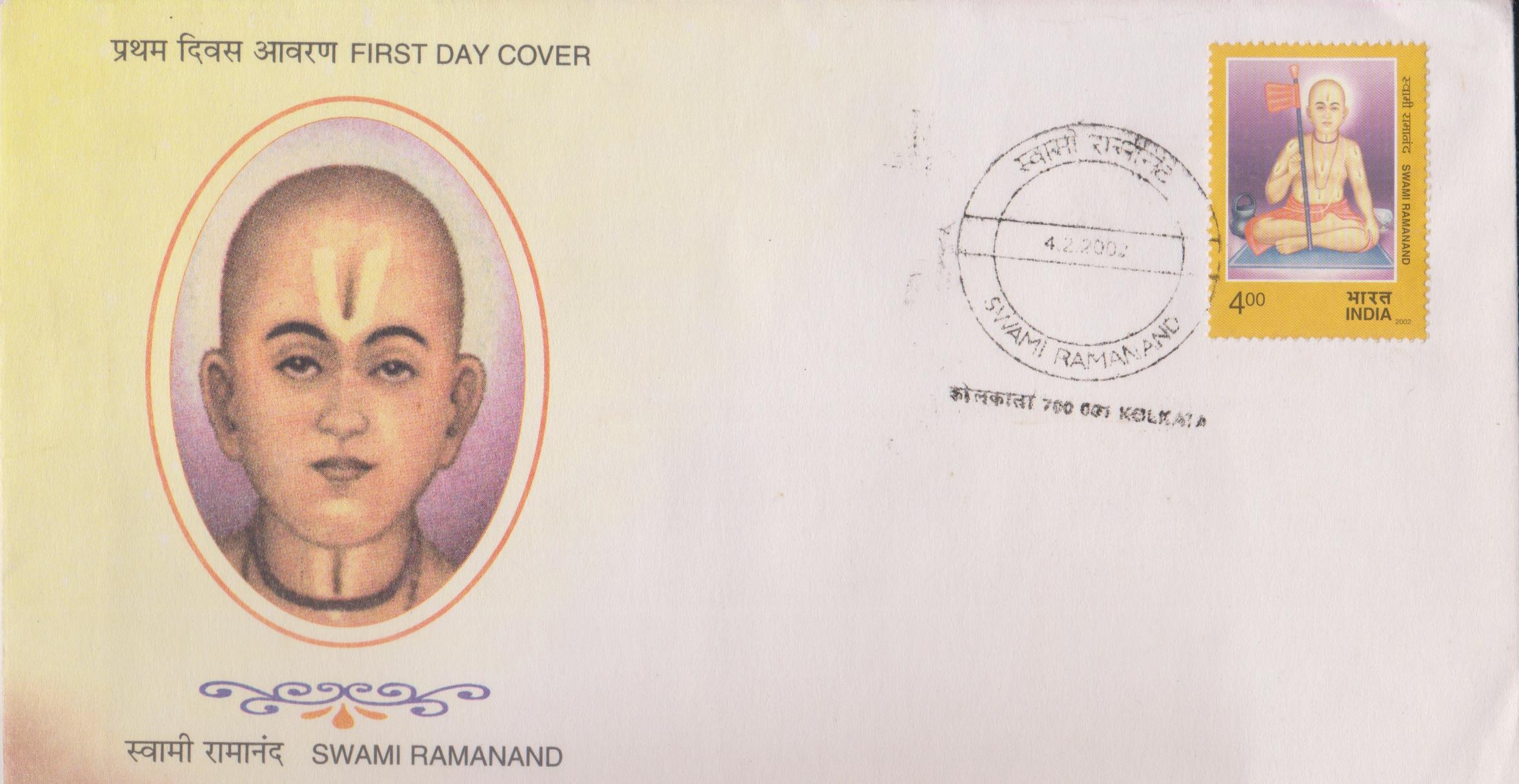
[…] for the last many centuries. Gadge Baba (1876-1956) truly carried forward the great tradition of Sant Tukaram and […]
[…] the company of Tukaram Maharaj, he began to write psalms, Santaji became a shadow of Tukaram Maharaj, a true spiritual companion […]
[…] wife of Gautama the Buddha; Xanthippe, wife of Socrates; Jijai, wife of the Maratha poet – saint Tukaram; Sophia, wife of Tolstoy; and Sharada Devi, wife of Shri Ramakrishna Paramahamsa. To these must be […]